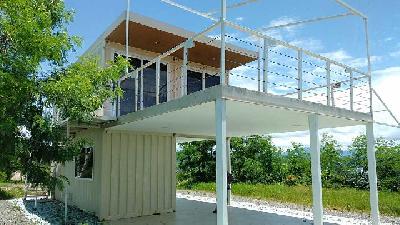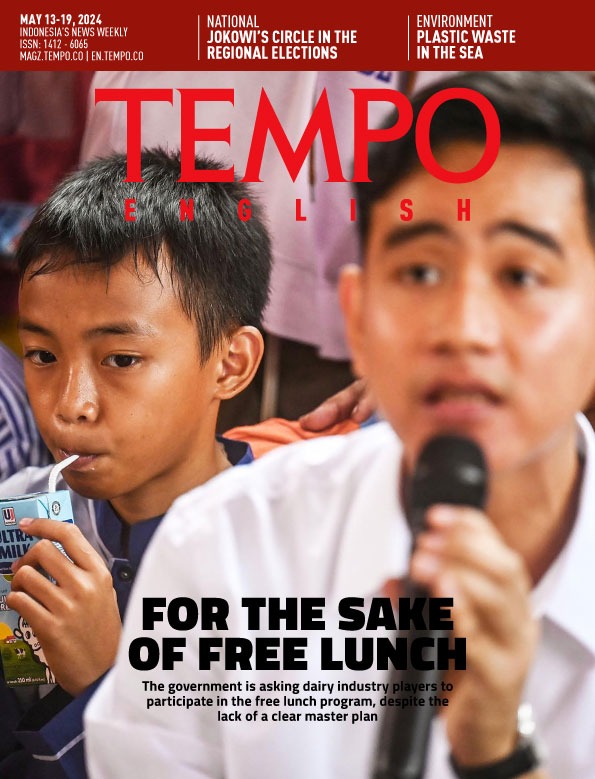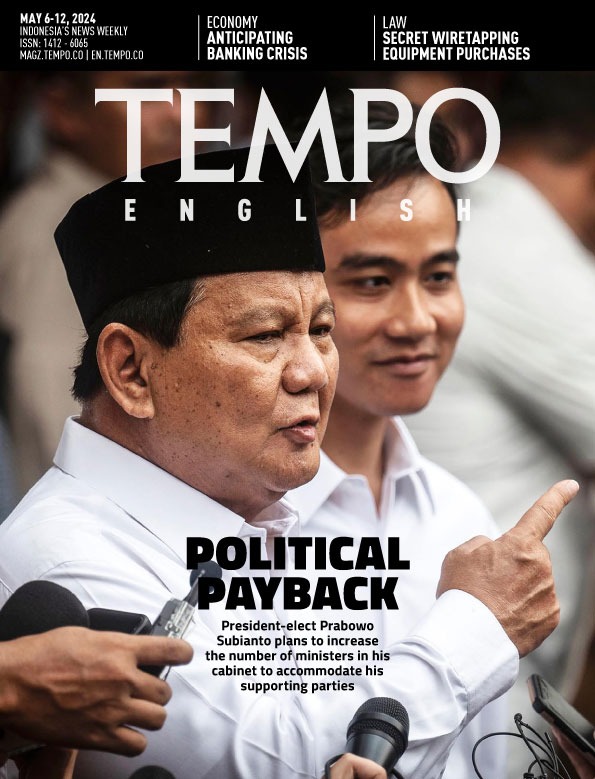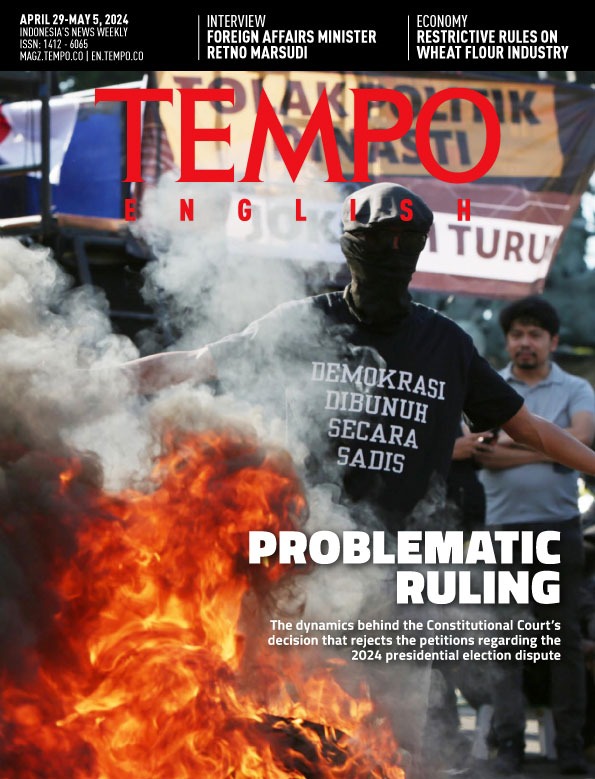Multi-Mission Incentive
Monday, February 22, 2021
The government rolled out a tax incentive to boost vehicle sales. An effort to keep the automotive industry alive and investors in place.
arsip tempo : 171584395596.
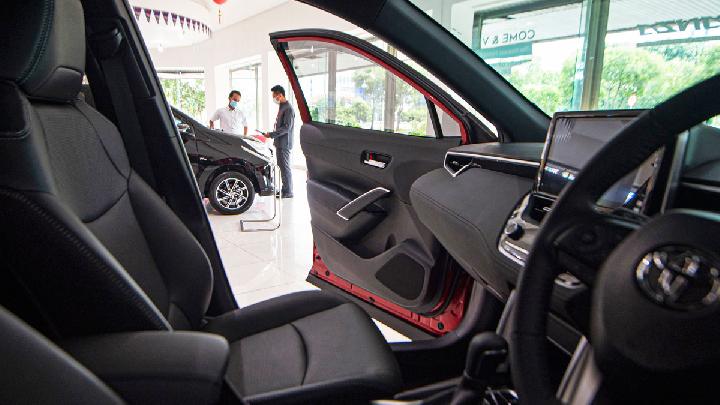
THE pandemic has kept the automotive business at bay over the past year, forcing Wan Fauzi to switch gear. Ganding Toolsindo, which he founded more than two decades ago, had been a supplier of automotive parts. It now supplies air conditioning (AC) parts to Panasonic Manufacturing Indonesia’s factory. Over the last month, the factory in Cikarang, Bekasi, West Java, has also become a first-tier supplier of refrigerator components for Chinese
...
Subscribe to continue reading.
We craft news with stories.
 For the benefits of subscribing to Digital Tempo, See More
For the benefits of subscribing to Digital Tempo, See More






